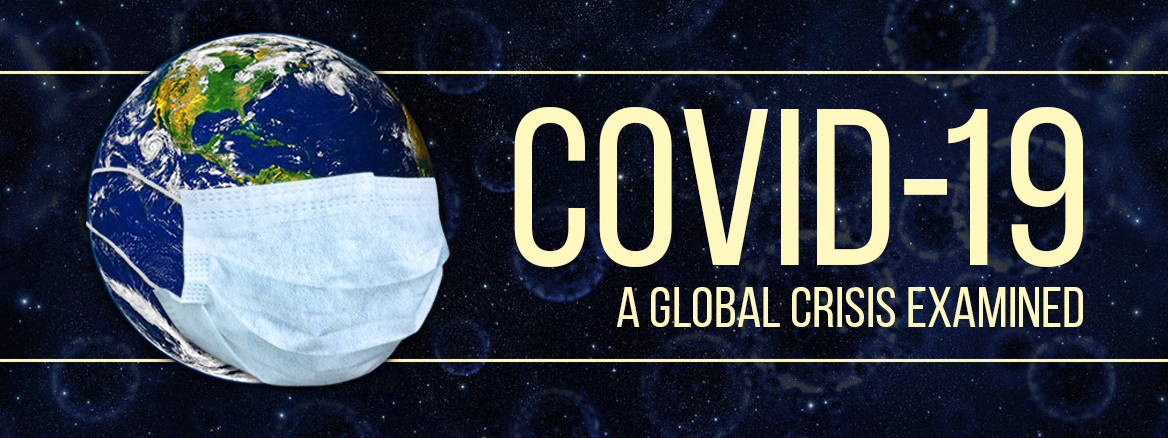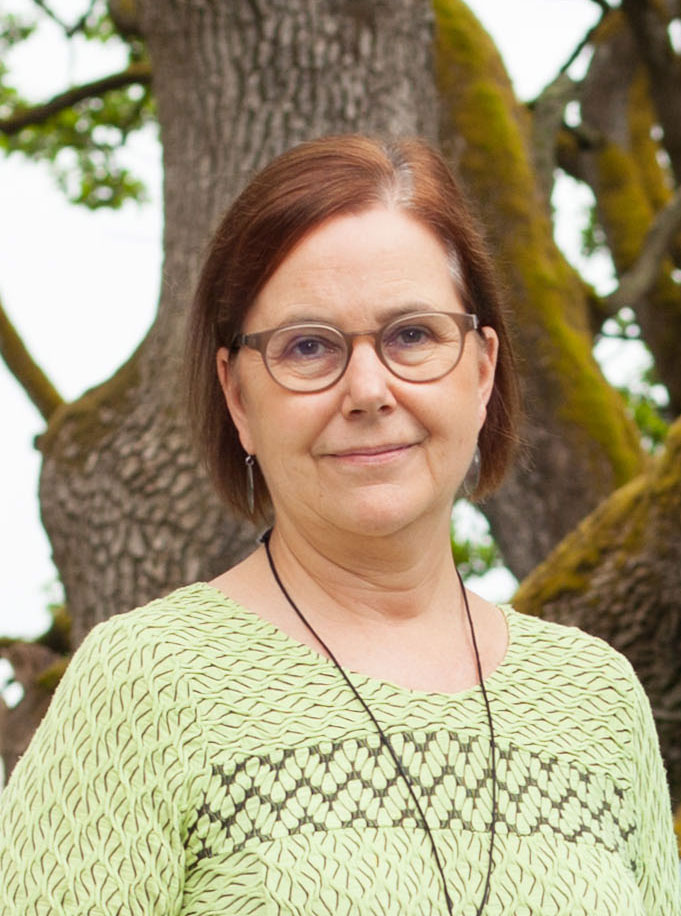PLU course examining the COVID-19 pandemic open to students, alumni and the community
Wang Center Executive Director Tamara Williams discusses the exciting new interdisciplinary course.

By Zach Powers '10
PLU Marketing and Communications
Earlier this month Pacific Lutheran University announced a timely new course titled “COVID 19: A Global Crisis Examined.” Open to PLU students, alumni, faculty, staff and the public, the one-credit/no-credit online course will lead students through a reflection of the ongoing COVID-19 pandemic.
Over the span of the fall semester, 15 PLU faculty members will lead course participants in an exploration of the pandemic phenomenon through the lens of diverse disciplinary fields (course lecture schedule). Participating faculty will represent a wide span of PLU academic departments, including biology, global studies, history, holocaust and genocide studies, Native American and Indigenous studies, philosophy, political science, psychology, and others. The course will also include a panel of three PLU alumni that are emergency room physicians.
The course is being coordinated by PLU’s Wang Center for Global Education and co-facilitated by Teresa Ciabattari, interim dean of interdisciplinary studies, and Tamara Williams, executive director of the Wang Center. Williams recently answered a few questions about the new course.
Why program this course now, while the pandemic is still ongoing?
A college or university is uniquely situated to bring perspective—depth, breadth, and dimension—to a present-day crisis, whatever that crisis might be. COVID 19 has upended almost every aspect of human life and presented all of us with a range of challenges that were unimaginable a year ago. These include challenges to our health and wellbeing, our livelihoods, education, housing, global supply chains, our complacency around equity and access, to name a few. At PLU we have the capacity to tap colleagues that are not only living through the crisis themselves, they are also engaged with it intellectually from the unique vantage point of their area of expertise and able to provide explanations for information we receive from the media.
Can you share a couple of examples of how faculty members will be approaching the topic from different interdisciplinary perspectives?
For one, we know from the daily news that the U.S., as a nation, has been challenged by an ongoing struggle with public compliance with mask-wearing. While the media underscores the political reason for this struggle, the course lecture scheduled on November 24th, by two social psychologists, will apply core lessons from Social Psychology such as persuasion, compliance, social identity and prejudice to help understand why people fail to comply with seemingly simple pandemic health directives such as social distancing and wearing masks.
Similarly, the lecture on October 14 will shed light on the disproportionate economic and epidemiological impact that the pandemic is having in many parts of Native North America by considering the significance of this present moment in light of a centuries-long history of colonialism, epidemic disease, and contemporary efforts to reclaim tribal sovereignty and control over healthcare.
What do you think the alumni panel will add to the experience?
There are three things the panel will add to the experience. First, like the academic expertise of my faculty colleagues, we look forward to the insights that practitioners in the field of emergency medicine have regarding their hands-on experience throughout the pandemic. Second, it is incredibly valuable for students considering a career in health sciences to have the opportunity to hear first-hand about the challenges and opportunities the work of an ER physician entails. A panel like this, finally, creates a space for essential workers to reflect on, and tell stories about, their role as “essential workers.” This humanizes them in ways that the evening news often can’t.

Why was it decided that this course would be open to students who are currently enrolled, PLU staff and faculty, and members of the larger community?
PLU has regularly offered public face-to-face programming open to students, faculty, staff, and the larger community. What is unique in this case is that the course, which is also a lecture series, runs a full semester, and that it is online. That it had to be offered online, both synchronously and asynchronously (because of the pandemic), allowed us to extend the opportunity to many more participants locally and across the globe. Ultimately, a course like this offers one way to build community and promote dialogue and understanding at a time when circumstances are keeping us isolated physically.
What do you anticipate a few of the major takeaways from this course will be?
Our hope is that participants in the course will leave with a broader understanding of the multiple ways one can approach the pandemic and an increased confidence in asking good questions about the different ways it continues to upend our lives. PLU’s mission of service and care, finally, will call upon participants to consider the challenges posed by the pandemic and seek constructive strategies to understand them.
Learn more and register for “COVID 19: A Global Health Crisis Explored”


